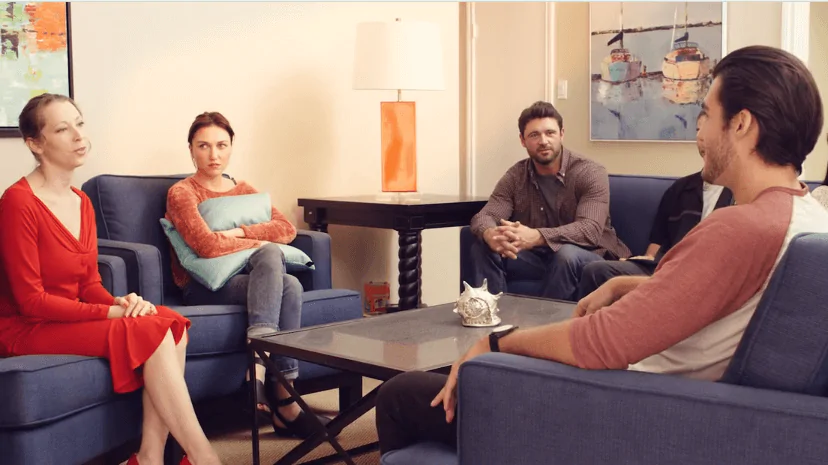24/7 Helpline:
(866) 899-221924/7 Helpline:
(866) 899-2219
Learn more about Medication-assisted Treatment centers in Paicines
Medication-assisted Treatment in Other Cities

Other Categories
Other Insurance Options

United Health Care

Excellus

AllWell

ComPsych

MHNNet Behavioral Health

UnitedHealth Group

Medical Mutual of Ohio

Regence

Self-pay options

CareSource

Providence

Lucent

State Farm

Holman Group

Aetna

EmblemHealth

Health Choice

Anthem

Coventry Health Care

Optima








San Benito County Behavioral Health
San Benito County Behavioral Health is a public rehab located in Hollister, California. San Benito C...













AA – Alcoholicos Anonimos – LGF
AA – Alcoholicos Anonimos – LGF is a non-profit rehab located in Hollister, California. AA – Alcohol...

AA – Alcoholics Anonymous
AA – Alcoholics Anonymous is a non-profit rehab located in Hollister, California. AA – Alcoholics An...

AA Alcoholicos Anonimos Grupo Liberacion
AA Alcoholicos Anonimos Grupo Liberacion is a non-profit rehab located in Hollister, California. AA ...

SouthEast Behavioral Healthcare Socialization
SouthEast Behavioral Healthcare Socialization is a private rehab located in Hollister, Missouri. Sou...




































